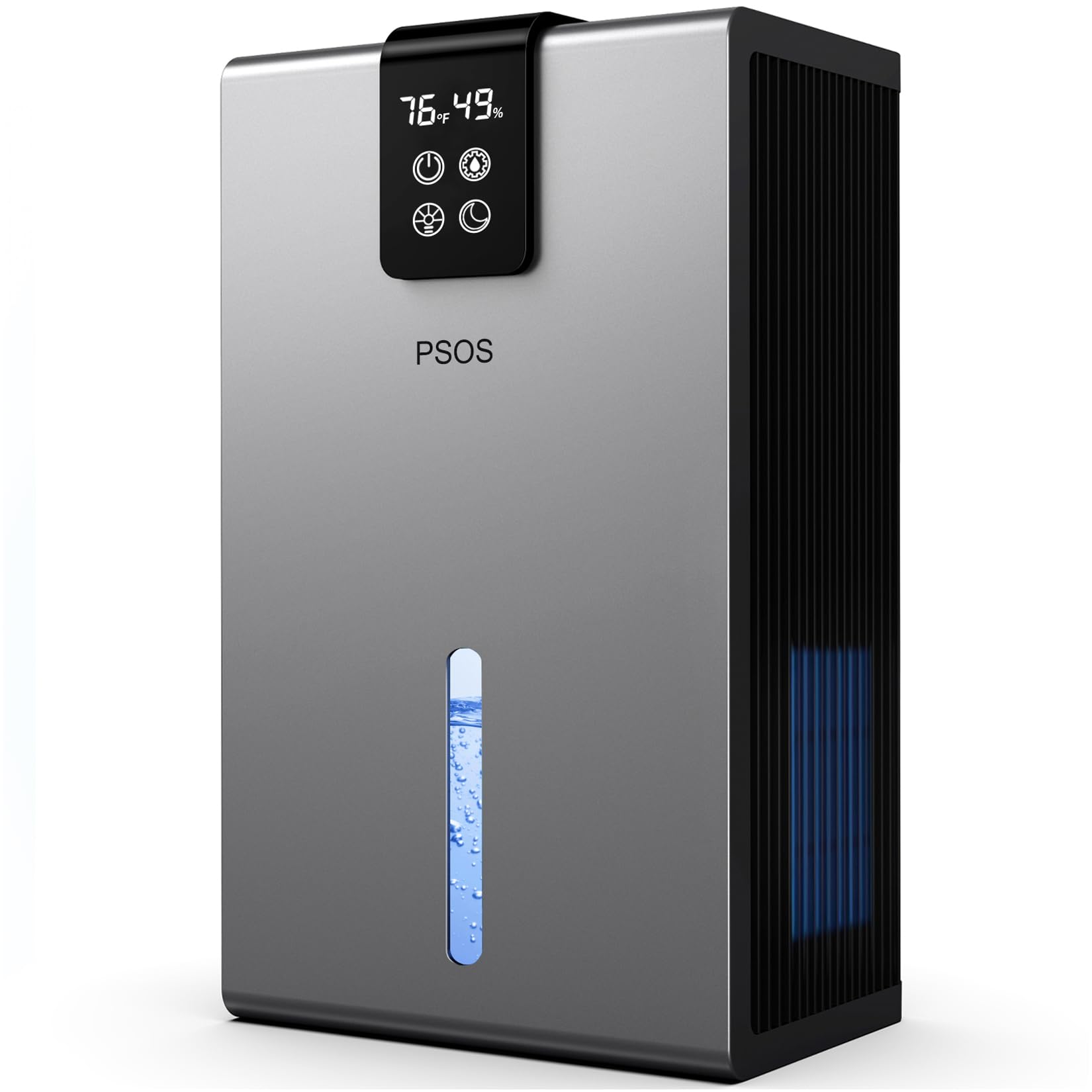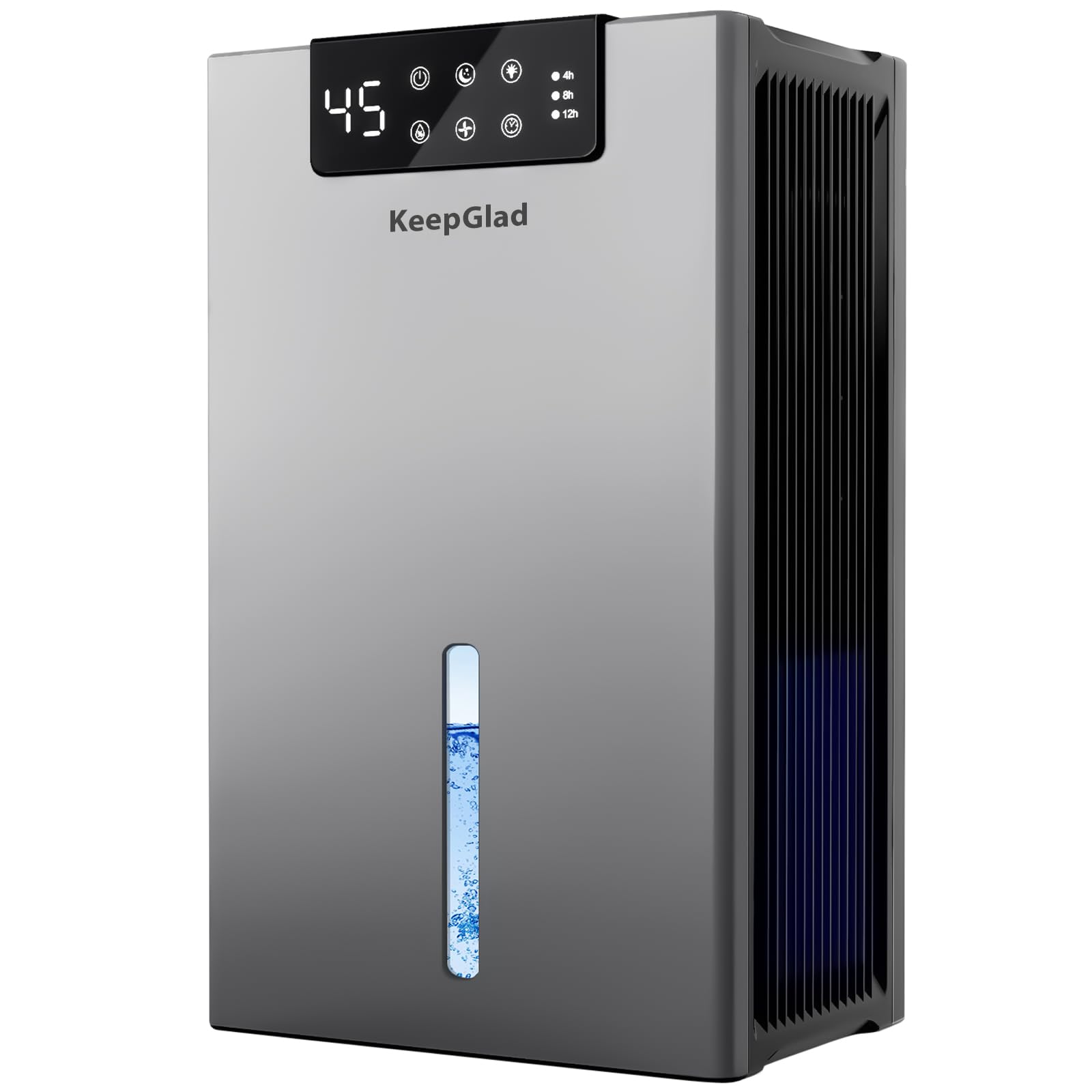When it comes to a good night’s sleep, we often focus on the perfect mattress, pillow, or even blackout curtains. But one critical factor that’s often overlooked is humidity. The right humidity level in your humidity bedroom can improve your sleep quality and overall health, while the wrong level can lead to discomfort and disrupted rest. So, what is the ideal humidity for your bedroom? Understanding the role of humidity is key to creating a serene sleeping environment, enabling you to relax and drift off into a deep sleep.
Why Humidity Matters for Sleep
Humidity plays a significant role in our comfort. Too much moisture in the air can make it feel sticky and uncomfortable, while too little can dry out your skin, throat, and nasal passages. Both extremes can disturb your sleep and even affect your health. For instance, high humidity can feel oppressive, making it harder for your body to regulate temperature at night. Conversely, low humidity can contribute to issues like snoring and respiratory discomfort, as dry air may lead to the throat and nasal passages becoming irritated. Thus, finding the right balance is crucial.
The Optimal Humidity Range
Experts recommend keeping your bedroom humidity between 30-50%. Here’s why: Maintaining a humidity level within this range not only enhances comfort but also supports better sleep hygiene. When humidity is kept in check, you can avoid the discomfort associated with excessive moisture, such as clamminess, while also preventing the dryness that leads to irritation and diminished sleep quality.
- High Humidity (Above 50%): Excess moisture creates a breeding ground for mold, dust mites, and allergens, which can lead to allergies and asthma flare-ups.
- Low Humidity (Below 30%): Dry air can cause irritation in your respiratory system, leading to a sore throat, coughing, and dry skin. It’s also bad for wooden furniture and flooring.
How to Measure and Adjust Your Bedroom Humidity
- Measuring Humidity
Use a hygrometer, a small and inexpensive device, to monitor the humidity in your room.
- Raising Humidity
- Use a humidifier to add moisture to the air.
- Place a bowl of water near a heat source to evaporate into the air naturally.
- Add houseplants like peace lilies or snake plants.
- Lowering Humidity
- Use a dehumidifier to remove excess moisture.
- Ensure proper ventilation by opening windows or using exhaust fans.
- Fix any water leaks and avoid drying clothes indoors.
Benefits of Maintaining the Right Humidity
- Improved respiratory health and reduced risk of irritation.
- Better skin hydration.
- Fewer allergens and dust mites.
- Enhanced sleep quality.
Creating a Comfortable Sleep Environment
Apart from controlling humidity, consider these tips for an ideal sleep setting: It’s important to create a holistic approach to your sleep environment. Each element plays a role in your ability to relax and unwind, and these adjustments can lead to significant enhancements in your overall sleep quality.
- Keep the room temperature between 60-67°F (15-20°C).
- Invest in breathable bedding to prevent overheating.
- Use blackout curtains to block unwanted light.
Conclusion
Achieving the perfect humidity level in your bedroom can significantly improve your sleep quality and overall well-being. Regularly monitor the humidity, invest in the right tools, and enjoy more restful, rejuvenating sleep. By prioritizing bedroom humidity, you pave the way for better health and a more comfortable living environment.



